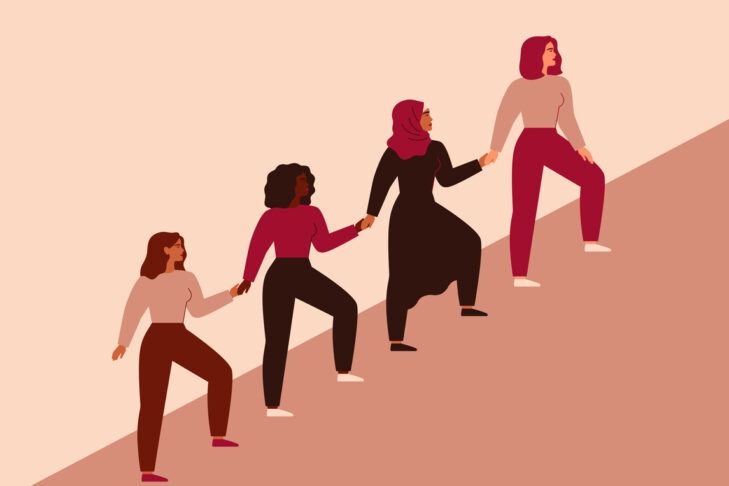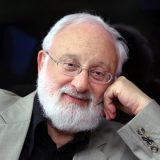Today’s troubles may not seem as bad as the ones that humanity had suffered in the past. Rarely are scores of people killed, there is no pestilence that is threatening to decimate half the population of Europe, no tyrant has conquered half the world, at least not yet, and starvation isn’t threatening to claim billions of lives. There are certainly many of the problems I just pointed out, and many more, but nothing as colossal as we’ve seen throughout the chronicles of humanity.
Nevertheless, the problems are very serious. They are serious because we may not be perishing in droves as before, but our tolerance is also not nearly that of our ancestors. We are sensitive, and therefore suffer and hurt much more from much less pain. This may sound like a flaw, but in truth, the pain is not pointless; it stirs us into action. If we need fewer afflictions in order to move, it is better for all of us. If such levels of pain weren’t enough for us, we’d be seeing levels of anguish similar to the atrocities that our medieval ancestors had endured.
These relatively mild crises are transforming us. Bit by bit, they are engendering a new humanity, where people feel connected and mutually dependent. In this humanity, it will be a given that an infection anywhere is an infection everywhere. People will know that this motto pertains not only to viruses, but to anything that pains humanity. Look at the floods that have inundated towns and villages all over the world, the raging forest fires around the world, the social tensions that seem very similar in multiple countries, and, of course, the virus. We truly have become a global village, and nothing proves it more unequivocally than our troubles.
Yet, we can turn this bane into a boon. Closeness is troubling and crippling only when there is hatred among people. When brotherhood and friendship rules among them, closeness is welcome and advantageous. Our closeness is a fact. We cannot disconnect from the rest of the world. Therefore, the only option we have is to turn our foul connections into positive ones. Unity is the cure for all our ills and agonies, and we will decide whether to cure ourselves or keep on suffering.
This post has been contributed by a third party. The opinions, facts and any media content are presented solely by the author, and JewishBoston assumes no responsibility for them. Want to add your voice to the conversation? Publish your own post here. MORE



